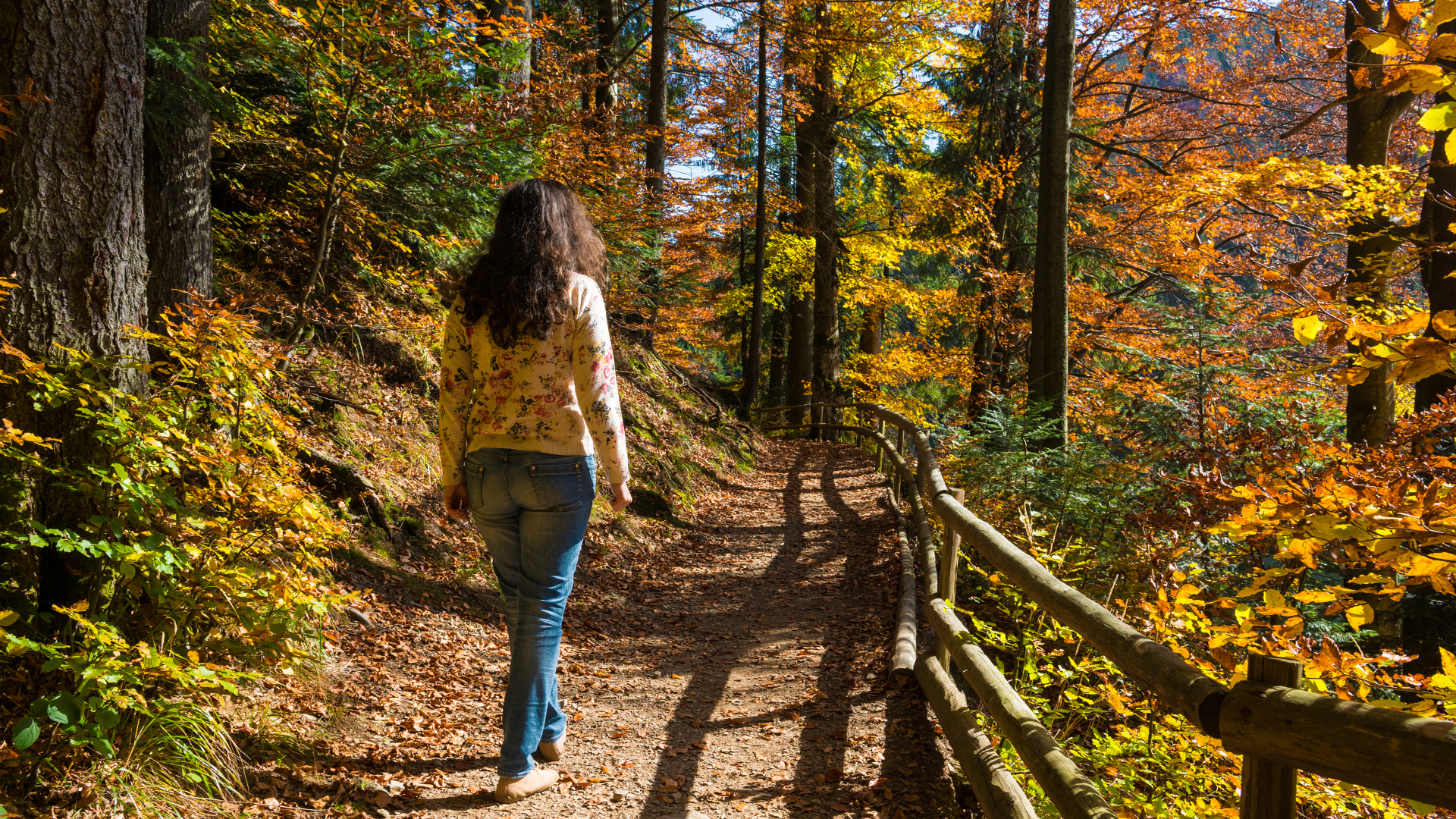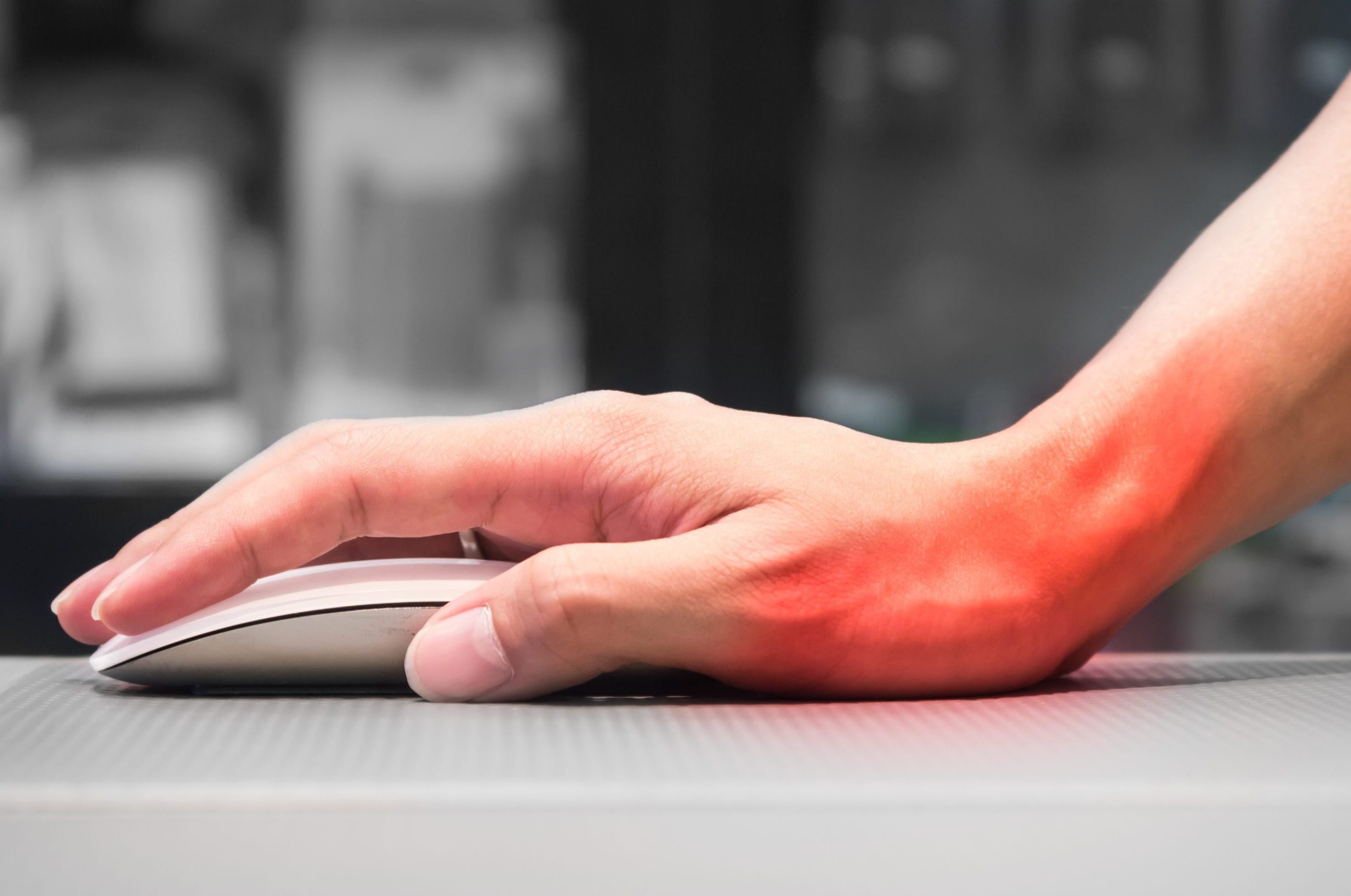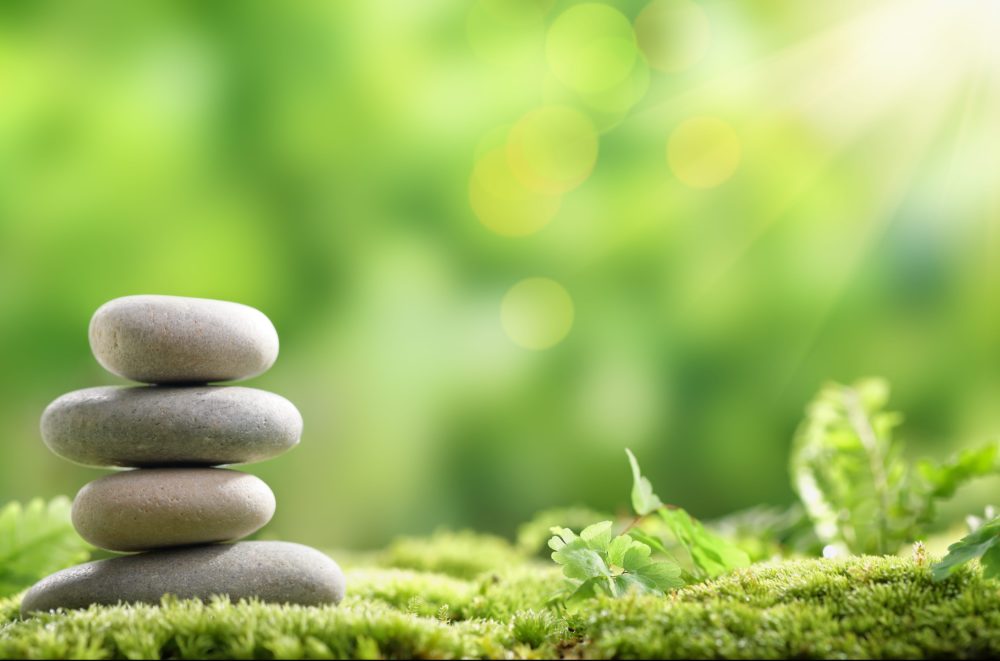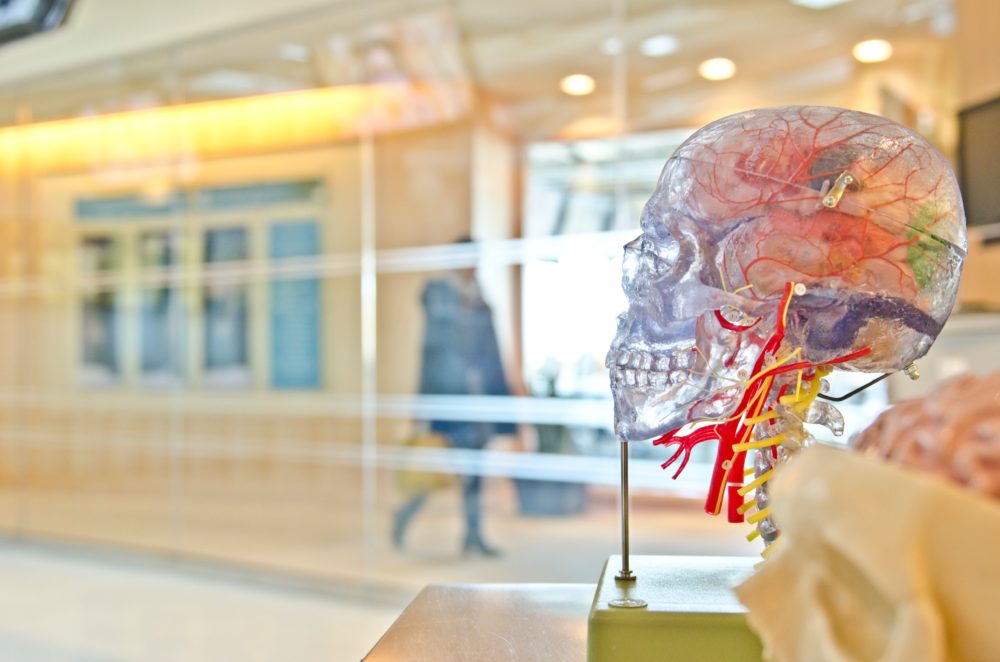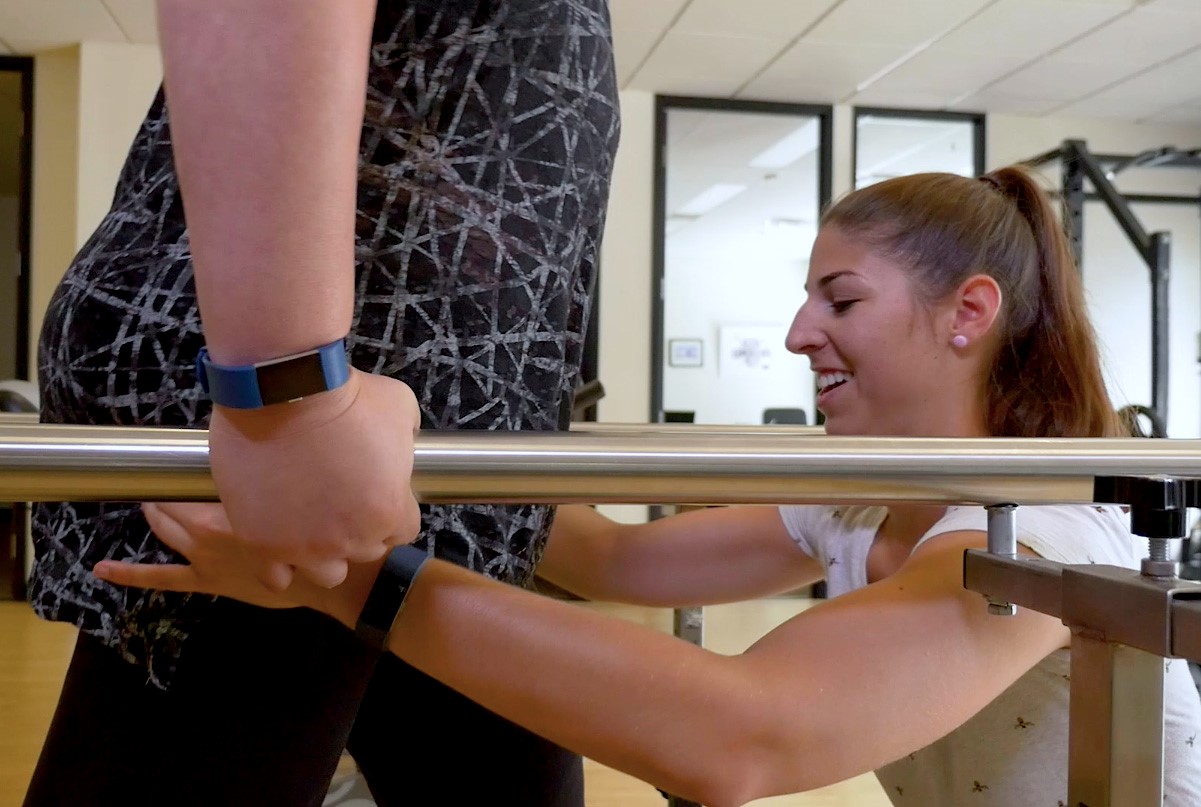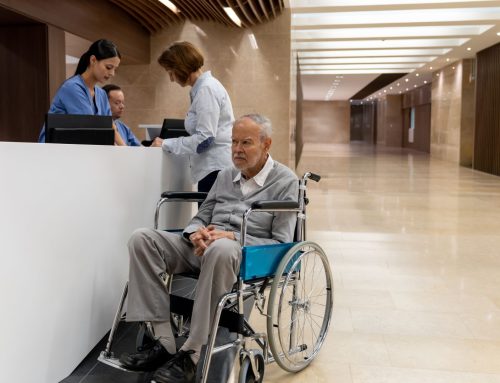When we think about healing, we often focus on medicine, therapy, or high-tech treatments. But one of the most powerful—and often overlooked—sources of wellness is right outside our doors: nature itself. Beyond just being a scenic backdrop for exercise, the natural world actively supports our physical and mental health in surprising ways. Here’s how reconnecting with the Earth can help heal us—body and mind.
Table of Contents
- 1. Ditch the Earbuds and Listen to Nature
- 2. Walk Barefoot to Reduce Inflammation
- 3. Soak Up Sunlight (Responsibly) for Vitamin D & More
- 4. Breathe in the Forest’s Healing Power
- Nature Is the Original Medicine
1. Ditch the Earbuds and Listen to Nature
We live in a world of constant noise—podcasts, playlists, and phone notifications—but research shows that tuning into natural sounds can significantly improve our well-being. The rustling of leaves, birdsong, or even the rhythmic crash of waves has been found to:
- Lower stress hormones like cortisol
- Improve mood and focus (studies link nature sounds to better cognitive performance)
- Slow heart rate and promote relaxation, similar to meditation[i]
Next time you head outside, try leaving the earbuds behind. Let nature’s soundtrack work its calming magic.
2. Walk Barefoot to Reduce Inflammation
The practice of “earthing” or “grounding”—walking barefoot on grass, sand, or soil—has gained attention for its potential anti-inflammatory effects. Studies suggest that direct contact with the Earth’s surface allows electrons to transfer into the body, which may:
- Neutralize free radicals (linked to chronic inflammation)
- Improve sleep and circulation
- Reduce muscle soreness and stiffness[ii]
Kick off your shoes for just 10-15 minutes a day and let your feet reconnect with the ground. Your body might thank you.
3. Soak Up Sunlight (Responsibly) for Vitamin D & More
Sunlight isn’t just about getting a tan—it’s essential for:
- Vitamin D production, which supports immune function and bone health
- Regulating circadian rhythms, improving sleep quality
- Boosting serotonin, a natural mood enhancer[iii]
Aim for 10-30 minutes of midday sun exposure (sans sunscreen) a few times a week, depending on your skin tone. Just don’t forget to protect yourself if you’re out longer!
4. Breathe in the Forest’s Healing Power
In Japan, shinrin-yoku (forest bathing) is a well-researched practice that involves mindfully spending time among trees. Studies show it can:
- Lower blood pressure and stress levels
- Strengthen the immune system (thanks to phytoncides, natural compounds released by trees)
- Enhance creativity and mental clarity[iv]
You don’t need a dense forest—even a local park with trees can offer similar benefits. Slow down, breathe deeply, and let nature do the rest.
Nature Is the Original Medicine
Modern life often disconnects us from the Earth’s natural healing rhythms, but the remedies are simple: walk barefoot, listen to the wind, soak up the sun in moderation, and breathe in the fresh air. Remember that caring for your health doesn’t always require a prescription or a gym membership. Sometimes, the best medicine is stepping outside and letting the planet do what it does best: heal us.
References
[i] Buxton RT, Pearson AL, Allou C, Fristrup K, Wittemyer G. A synthesis of health benefits of natural sounds and their distribution in national parks. Proc Natl Acad Sci U S A. 2021 Apr 6;118(14):e2013097118. doi: 10.1073/pnas.2013097118. PMID: 33753555; PMCID: PMC8040792.
[ii] Oschman JL, Chevalier G, Brown R. The effects of grounding (earthing) on inflammation, the immune response, wound healing, and prevention and treatment of chronic inflammatory and autoimmune diseases. J Inflamm Res. 2015 Mar 24;8:83-96. doi: 10.2147/JIR.S69656. PMID: 25848315; PMCID: PMC4378297.
[iii] Benefits of moderate sun exposure. Harvard Health Publishing, Harvard Medical School
[iv] Li Q. Effects of forest environment (Shinrin-yoku/Forest bathing) on health promotion and disease prevention -the Establishment of “Forest Medicine”. Environ Health Prev Med. 2022;27:43. doi: 10.1265/ehpm.22-00160. PMID: 36328581; PMCID: PMC9665958.
Written by

